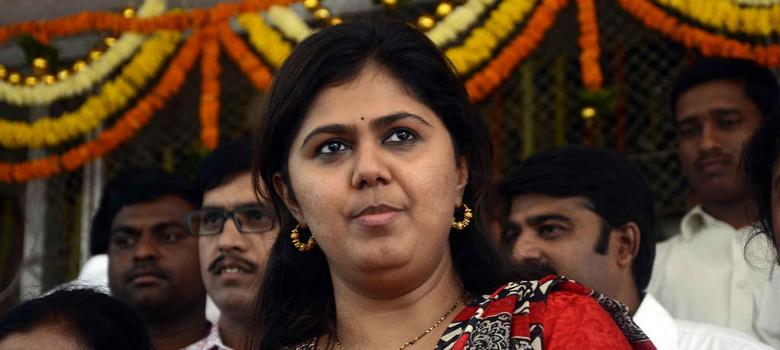What a difference one month has made. In June, controversies rained on Bharatiya Janata Party governments at the centre and in states like monsoon cloudbursts. It began with a travel document provided to Lalit Modi, who may or may not be a fugitive, and may or may not have carried out illegal transactions as commissioner of the Indian Premier League. The BJP interpreted the allegations against India’s External Affairs Minister Sushma Swaraj and Rajasthan’s Chief Minister Vasundhara Raje as a passing shower that could be avoided by sheltering under a tree. But the rain kept pouring down, and the party got pretty badly soaked.
Narendra Modi stayed silent through the crisis, or rather he spoke of all kinds of things aside from what the press wanted him to address. Why had he failed to tackle the problem, commentators wondered, forgetting that the man built his career avoiding tough interrogation through careful media management. How many times do you recall him answering specific questions related to the Gujarat riots? How many about the wife he abandoned? How many about the woman he was obsessed enough with to snoop on using state resources? As recently as April, the leading French newspaper Le Monde refused to carry an interview with Modi during his visit to France after the editors were instructed to submit questions in advance and print written replies. The difference between Modi as chief minister and prime minister is not that he has grown less open, but that journalists are less willing to ignore or explain away his evasiveness.
The other Modi
Lalit Modi, unlike Narendra, relishes debate. He is combative, spirited, and has held his own on the issue that put him under the Enforcement Directorate’s scanner and spurred his departure for London. He has shown that it was N Srinivasan who signed off on all suspicious IPL-related transactions when he was the chief of the Board of Control for Cricket in India. Lalit Modi has not been charged with any offence. What he doesn’t realise is that the merits of his case hardly matter. All his exposés have done is keep an issue front and centre that the party he supports, and his friends within it, just wish would disappear. In the cacophony that is Indian news television, where all discussions involve at least two people screaming at any given point in time, the main takeaway for viewers is that the BJP government has done shady stuff.
The only thing that threatens to replace the Lalit Modi scandal on the front page is more scandal. In Maharashtra, we have Pankaja Munde (dynasty, anybody?), state minister in charge of women and child welfare, accused of awarding lucrative supply contracts without tenders. The item highlighted most often in news reports about this potential scam is chikki. In Marathi, an umpire suspected of taking a bribe is said to have "eaten chikki". Whether Munde has eaten chikki or not, the Maharashtra administration found itself in a sticky spot a week ago. Soon after the chikki episode came news that the education minister Vinod Tawde spent Rs 191 crores on items like fire extinguishers without following tendering rules.
Leaving the firefighting to juniors, Maharashtra’s chief minister Devendra Fadnavis left for the United States, but landed in a controversy before even taking off. Pankaja Munde, meanwhile returned from London, to face new allegations, this time connected to her role as minister of rural development and water resources. Ajit Pawar used to be in charge of that ministry, and managed to spend thousands of crores while barely augmenting the state’s irrigation infrastructure. Munde looks a worthy successor.
The crucial question
The question now is whether these rows will force Sushma Swaraj, Vasundhara Raje, Pankaja Munde and Vinod Tawde to resign. So far, the BJP is holding firm, perhaps realising that the first resignation is the thin end of the wedge. Give in once, and it’s difficult not to do so a second time, and soon the trickle turns into a flood. The UPA went six years before the corruption and improprieties of its ministers became an incessant focus of the media. It’s threatening to happen much earlier with the BJP.
Sushma Swaraj might be feeling hard done by the media’s sensationalism, but consider what would happen if broadcasters highlighted serious issues instead. The external affairs minister might be asked why, two years after utterly rejecting the boundary accord with Bangladesh proposed by the UPA, which required a constitutional amendment and therefore the opposition’s support, she presented the same deal in Parliament with the words, “I’ve said before, and I reiterate, that this work was done by Manmohan Singh, we are only putting the finishing touch."
It might be easier to answer questions about Lalit Modi, after all.












